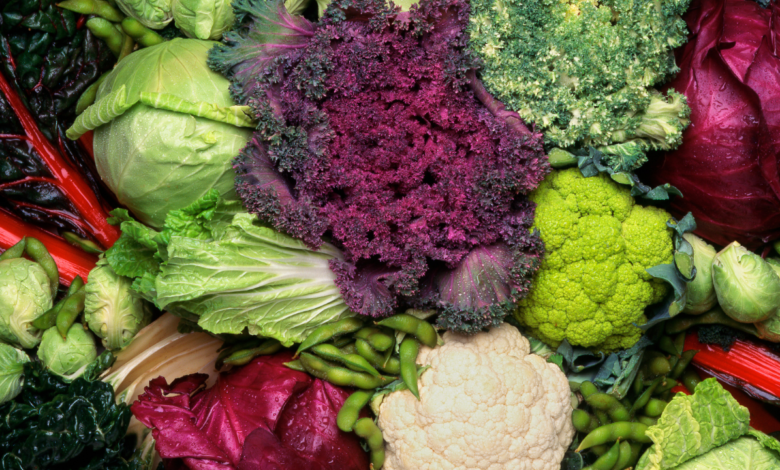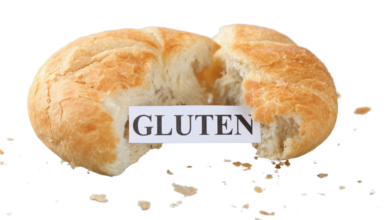
What is the role of Cruciferous vegetables in HIV
Cruciferous vegetables, such as broccoli and cauliflower, are rich in vitamins, minerals, and antioxidants that can support the health of individuals living with HIV. These vegetables can help boost the immune system, reduce inflammation, and promote overall well-being.
Which nutrients in Cruciferous vegetables will be helpful for HIV patients
· Vitamin C: A potent antioxidant that helps protect cells from damage caused by oxidative stress. It also aids in iron absorption and supports the immune system.
· Vitamin K: Essential for blood clotting and bone health.
· Folate: Important for cell growth and repair, particularly crucial during rapid cell turnover, which can be affected by HIV.
· Fiber: Dietary fiber promotes digestive health and helps regulate blood sugar levels.
· Sulforaphane: A compound found in cruciferous vegetables that has antioxidant and anti-inflammatory properties.
How much to consume Cruciferous vegetables in one time
The optimal amount of cruciferous vegetable consumption can vary depending on individual needs and overall dietary intake. However, incorporating at least one serving of cruciferous vegetables into your daily diet is recommended.
What is the daily requirement of Cruciferous vegetables
The daily requirement for cruciferous vegetables can vary based on individual factors. However, aiming for at least one to two servings per day can provide a good amount of essential nutrients.
What are the benefits of Cruciferous vegetables for hiv patients
· Immune System Support: The vitamins and minerals in cruciferous vegetables help strengthen the immune system, making it better equipped to fight off infections.
· Antioxidant Protection: The antioxidants in cruciferous vegetables help neutralize harmful free radicals, reducing oxidative stress and protecting cells from damage.
· Reduced Inflammation: The compounds in cruciferous vegetables, such as sulforaphane, have anti-inflammatory properties that can help reduce inflammation throughout the body.
· Digestive Health: The fiber content in cruciferous vegetables promotes healthy digestion and helps prevent constipation.
· Cancer Prevention: Some studies suggest that the compounds in cruciferous vegetables may help reduce the risk of certain types of cancer.
What are the side-effects of Cruciferous vegetables in hiv if any
While cruciferous vegetables are generally safe for most people, excessive consumption may lead to:
- Digestive Issues: In some individuals, consuming large amounts of cruciferous vegetables, especially raw, may cause digestive issues like bloating or gas.
- Thyroid Issues: Individuals with thyroid conditions should consult with a healthcare provider before consuming large amounts of cruciferous vegetables, as some compounds in these vegetables may interfere with thyroid function.
What is the best time to consume Cruciferous vegetables
Cruciferous vegetables can be enjoyed at any time of the day. They can be eaten raw in salads, cooked as a side dish, or added to soups and stews.





